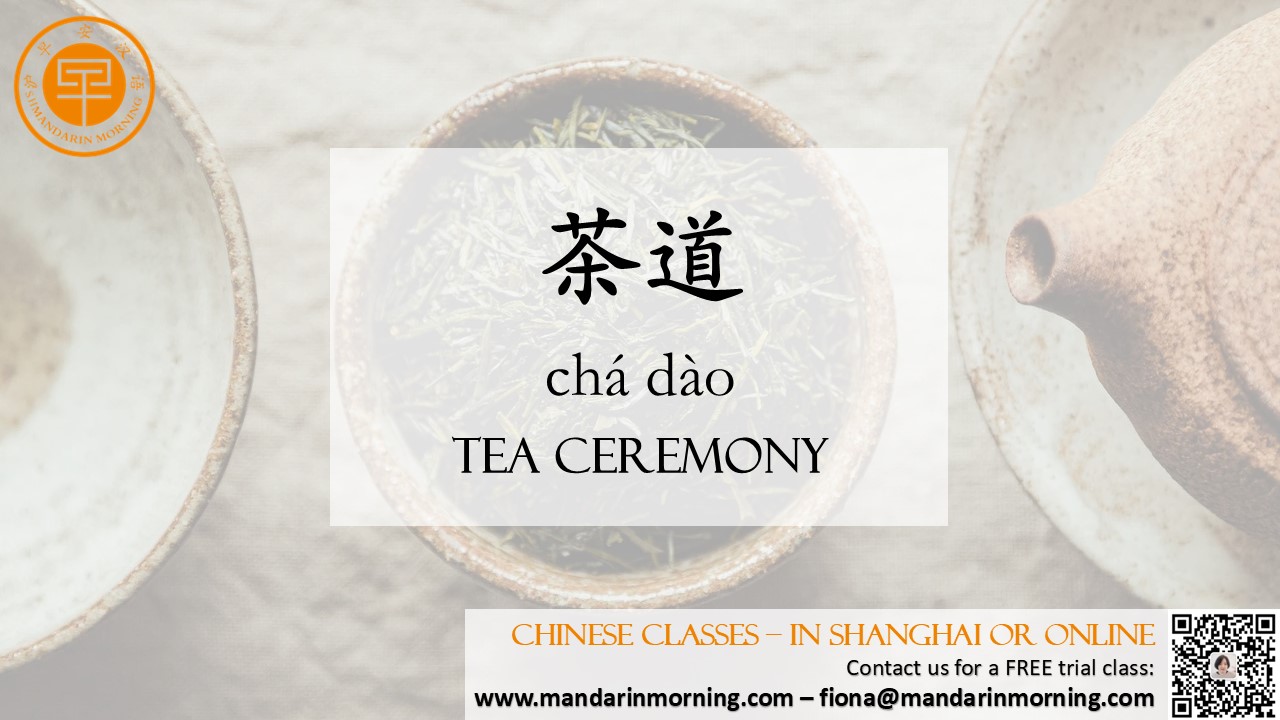【Learn Chinese】The Magic of Chinese Tea Culture |
| China is renowned for its rich and diverse tea culture, which is deeply intertwined with its history, philosophy, and social customs. The art of tea, known as 茶道 (chá dào) in Chinese, is more than just a beverage; it's a ritual that symbolizes harmony, respect, purity, and tranquility. This article will take you on a journey through the magic of Chinese tea culture, exploring its significance and the various types of tea that have become synonymous with the country.  The Origins of Tea in China: The history of tea in China dates back to ancient times, with legends attributing its discovery to the legendary emperor Shennong in 2737 BCE. Over the centuries, tea has evolved from a medicinal brew to a symbol of refinement and a staple in daily life. It became a significant commodity during the Tang Dynasty, when tea houses and tea ceremonies began to flourish. The Process of Tea Making: The process of making Chinese tea is an art form in itself. It involves meticulous attention to the selection, picking, and processing of tea leaves. The methods vary depending on the type of tea, with categories such as green tea (绿茶 - lǜ chá), black tea (红茶 - hóng chá), oolong tea (乌龙茶 - wū lóng chá), white tea (白茶 - bái chá), and dark or fermented tea (黑茶 - hēi chá), each with its unique characteristics and preparation techniques. The Ritual of Tea Drinking: Drinking tea in China is often a ceremonial affair, with a set of rituals that have been passed down through generations. The 功夫茶 (gōng fū chá), or "skilled tea," is a classic example of this ritual, originating from the Fujian province. It involves a series of steps that highlight the aroma, flavor, and appearance of the tea, using a teapot and small cups. The ritual is not just about drinking tea but also about fostering connections and enjoying the present moment. Health Benefits and Tea in Modern China: Chinese tea is celebrated for its health benefits, with many teas believed to have detoxifying and medicinal properties. Green tea, for instance, is rich in antioxidants and is often associated with longevity and good health. In contemporary China, tea remains a popular beverage, and the tradition of tea drinking continues to evolve with modern tastes and lifestyles. The magic of Chinese tea culture lies in its ability to connect people across time and space, offering a moment of respite and reflection amidst the hustle and bustle of daily life. Whether you're sipping a cup of fragrant jasmine tea (茉莉花茶 - mò li huā chá) in a traditional teahouse or enjoying a cup of pu-erh tea (普洱茶 - pǔ ěr chá) with friends, the experience is a testament to the enduring legacy of China's tea culture. So, the next time you find yourself with a cup of tea in hand, take a moment to appreciate the centuries of tradition and craftsmanship that go into each sip. |